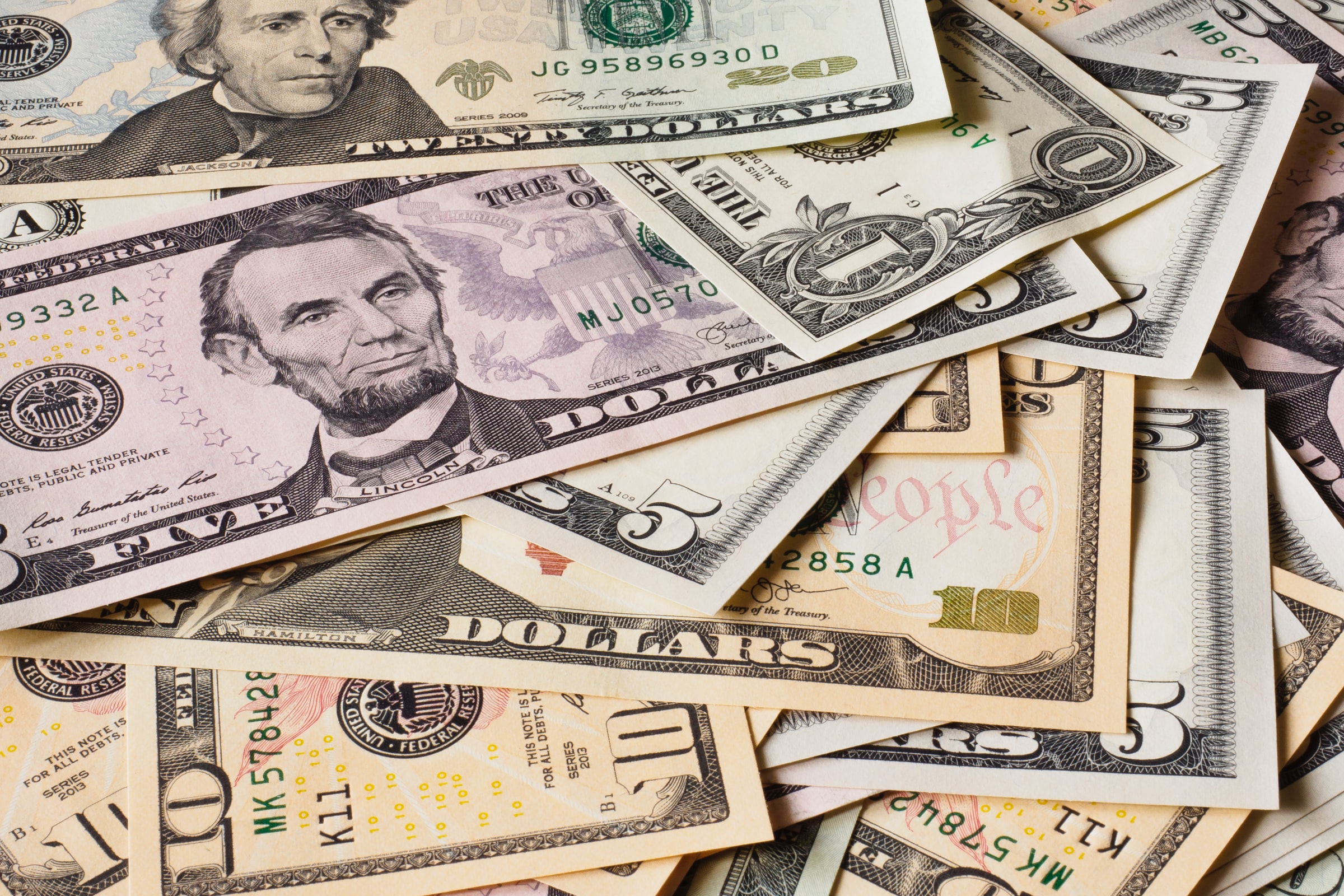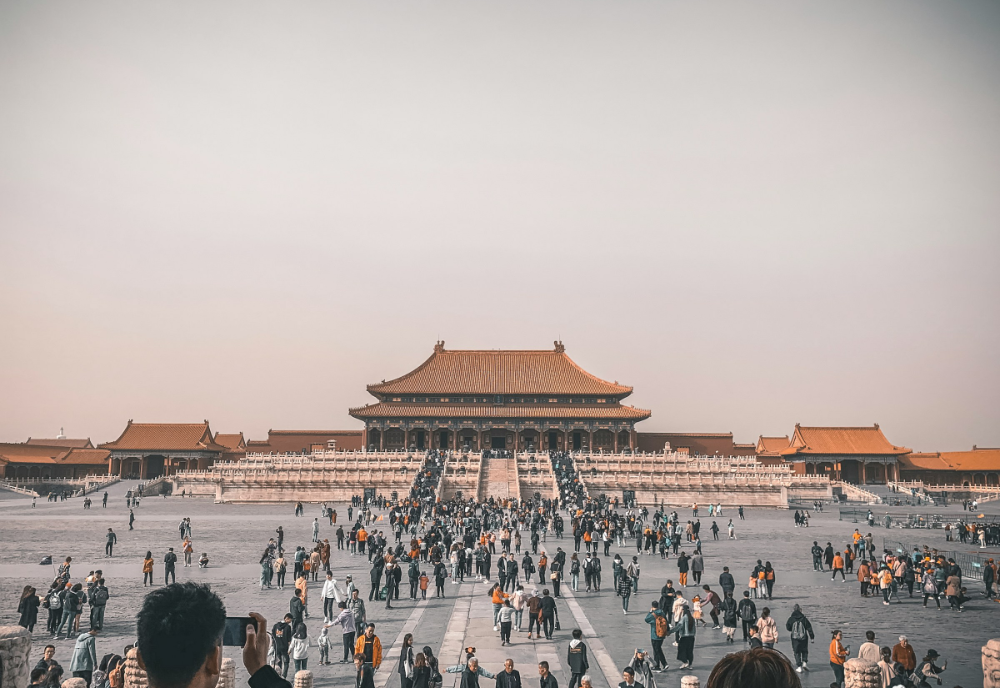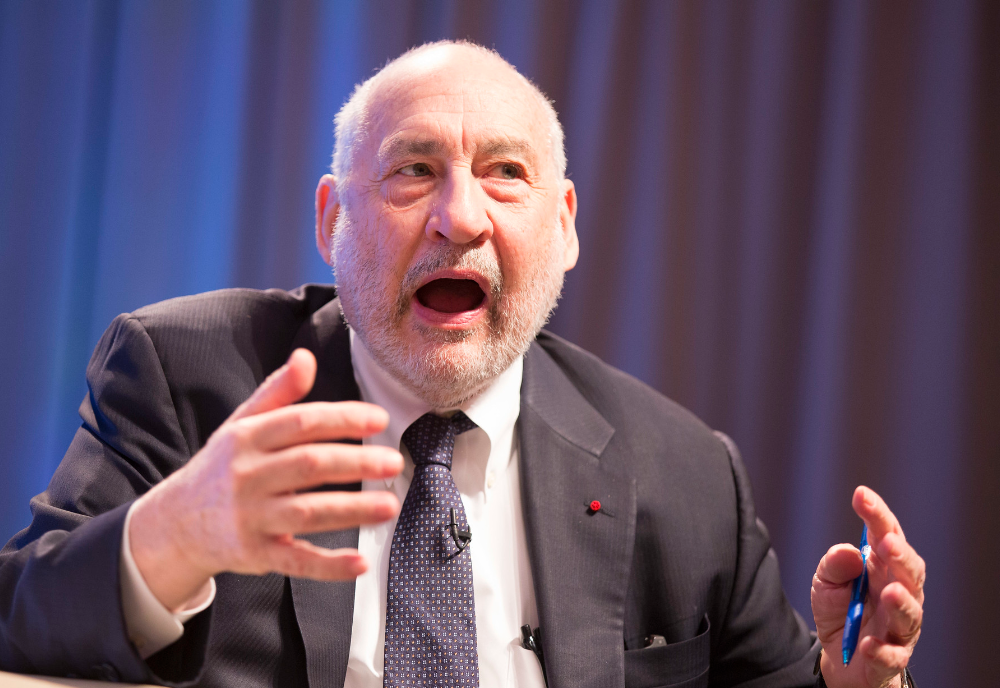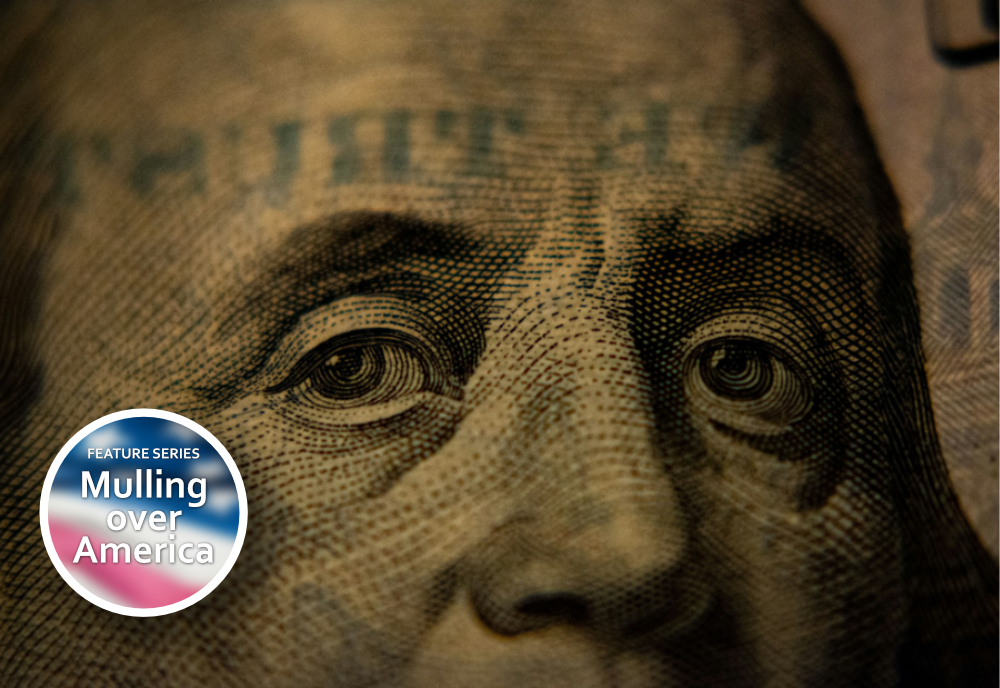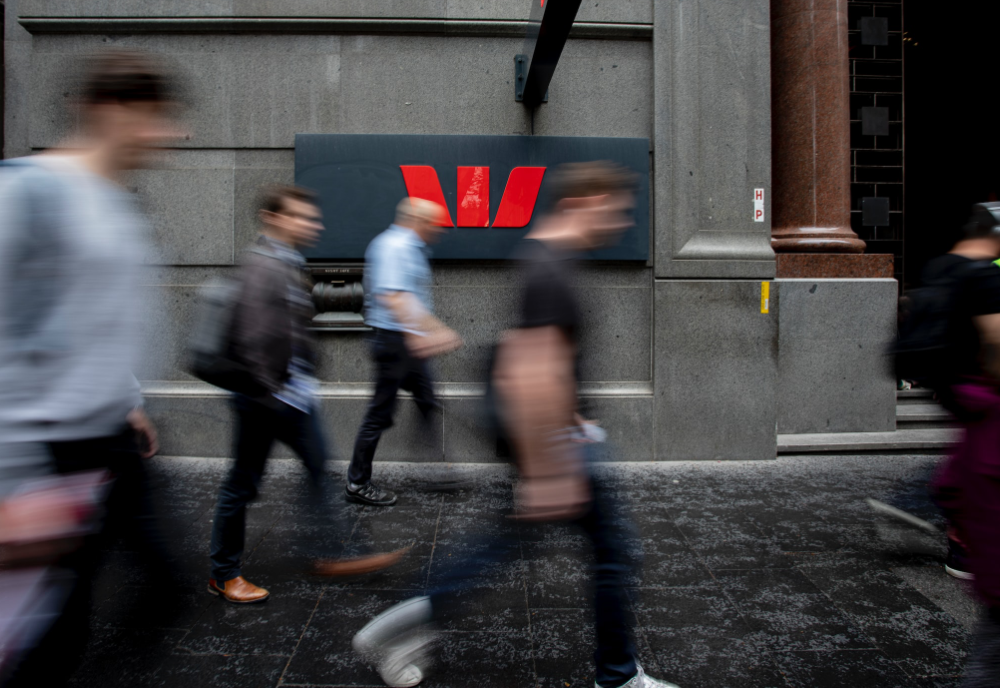There are two things that should be understood about the global financial markets as the world faces what is being called the Great Reset, or Bretton Woods 2. The first is that the US dollar rules the world (as distinct from the US nation). The second is that the system is insane. Sure, it may look rational with all those numbers, charts, ratios, algorithms and impressive sounding technical terms. But collectively the whole thing is mad. As the great British writer G.K. Chesterton wrote: “The madman is not the man who has lost his reason. The madman is the man who has lost everything except his reason.” That nicely describes the global capital markets and it does not bode well either for an effective reset or the survival of the monetary system itself.
The US dollar has dominated the global financial markets since 1945, when Franklin D Roosevelt did a deal with King Abdulaziz of Saudi Arabia to denominate oil trade in the American currency, leading to the creation of the petrodollar which then became the world’s reserve currency. The petrodollar has long since faded; more oil is actually denominated in Chinese yuan now than American dollars (although the yuan is fixed to the US dollar so it is not really separate). But the bulk of international trade and asset buying is still denominated in US dollars out of habit and the US dollar has been further entrenched because of the emergence of the global derivatives market. Derivatives are transactions derived from, or rather are gambles on, conventional financial assets such as currencies, interest rates and shares. The ‘value’ (whatever that means exactly) of these derivatives is $US500-1000 trillion, give or take the odd $US100 trillion.
This intense financial activity, most of which occurs in microseconds, is like having a massive roulette wheel spinning above the earth. According to the Bank for International Settlements the daily cross border trades with the US dollar on one side equates to almost $US6 trillion. To give some idea of how big that notional ‘money’ is, the entire US Federal debt, built up over decades, is about $US27 trillion, or the equivalent of less than five days trading. It has entrenched the US dollar as the world’s reserve currency and allows America to do whatever it likes on its Federal budget, its military spending or whatever other financial excesses it can devise, such as the $US21 trillion hole in the defence budget exposed by Mark Skidmore, a Professor of Economics at Michigan State University. Whatever debt the US issues is swallowed up by the massive demand for dollars in the foreign exchange markets. No other country has that freedom.
This intense financial activity, most of which occurs in microseconds, is like having a massive roulette wheel spinning above the earth.
It has recently become popular to criticise so-called ‘fiat money’, money that is determined by government edict. The contention is that when President Richard Nixon took America off the gold standard in 1971 because the nation could not pay for the Vietnam War it ushered in an era of government-created money whose value has been progressively degraded.
Though superficially persuasive, the argument is entirely misleading. The repeated crises in the financial markets over the last four decades have not been because of too much government intrusion but the opposite: a refusal by governments to govern properly, which allowed private players to run amok.
It was a cleverly engineered scam. In the 1980s and 1990s there was a world-wide push, prosecuted by well funded think tanks and lobbyists, to ‘deregulate’ the financial markets. What nobody seemed to notice, or if they did notice they conveniently chose to ignore it, is that this argument is, literally, nonsense. It is impossible to deregulate financial markets because they consist of regulations. As the sociologist Émile Durkheim noted money does not influence the moral and intellectual life of peoples on “the sole grounds of the abstract and symbolic character that is attributed to it”. Rather, “what matters is the presence or the absence of regulatory procedures by which it is controlled, and the nature of these rules and regulations.” Deregulating financial markets is like trying to take the hydrogen, oxygen and wetness out of water. Other types of markets can be deregulated because regulations are external to the economic activity, but in finance they are the same.
Enter insanity. By convincing Western governments that deregulation was a fine thing (usually using water metaphors to make it seem that regulations somehow get in the way of monetary ‘flows’) private actors were able to make up their own rules, triggering ‘financialisation’, or wealth extraction by the finance sector at the expense of everyone else.
The ridiculous invention of rules has been most obvious in the derivatives markets, which are a complete free for all – think of a bet, any bet. It also occurred in the real economy, where unshackled banks and financial institutions invented different ways to create ludicrous levels of global debt that are now, in aggregate, unpayable. The only option for central banks in developed countries has been to drop interest rates to almost zero in the hope of kicking the can down the street and printing money, known as ‘quantitative easing’, on what is laughably called their ‘balance sheets’.
There were plenty of warnings that ‘deregulation’ was dangerous. In 1998, a derivatives company, Long Term Capital Management, nearly brought down the Western banking system. Bizarrely, the chairman of the US Federal Reserve, Alan Greenspan, responded by aggressively increasing the number of derivatives traders in the belief that it would all, sort of, balance itself out.
It didn’t. The 2007-2008 financial crisis revealed the insanity of allowing private players to invent their own rules when there was a near collapse of the entire system. It was only saved because the US Treasury head, Henry Paulson, decided to re-regulate instead of standing back and allowing ‘market forces’ to work.
It was a close run thing, though. On 18 September 2008 $US550 billion went out of the US money markets in a couple of hours. Paulson responded by closing down all America’s money accounts and announcing a guarantee of $250,000 for all bank deposits. That is, he issued a fiat. The Treasury later estimated that had he not done so $US6 trillion would have exited the US financial system by the end of the day. Given that banks lend out roughly 20 times their capital base this would have spelt the end of the monetary system of the world.
Like all good madmen, banks and financial traders, incapable of taking any responsibility for their own actions and faithfully adhering to their smug anti-government rhetoric, outrageously blamed governments for a crisis that they had caused. They got away with it. Almost no financiers went to jail and they continued their debauch of the system, exploiting lower interest rates to increase debt to its current unsustainable levels.
Can a genuine reset be achieved? Not with the current finance technocrats, who have probably never scrutinised an assumption in their lives. Compare these superficial thinkers with John Maynard Keynes, the person who led the British delegation to Bretton Woods 1 in 1944. A member of the Bloomsbury Group, Keynes thought deeply both about what money is and how it should function (he is associated with the economics of government spending but that is only a cartoonish version of his thought). Almost none of the current crop of central bankers, heads of global institutions or schemers in the World Economic Forum are capable of such reflection. Most did not even notice that ‘financial deregulation’ is a flat contradiction.
What should be done? First, remove the central assumption behind the madness and recognise that money is a system of rules in which government has to be a central player, an umpire. The demonisation of ‘fiat money’ is rubbish. So is the idea of freeing up market forces by deregulating the finance system. The question is not whether governments should be involved, but how they should be involved – what constitutes good governance of the system.
The question is not whether governments should be involved, but how they should be involved – what constitutes good governance of the system.
Second, find ways to reimpose some sort of control over the quantity of money. It will require a jettisoning of the circular arguments of neo-classical economics, which are exposed by Michael Hudson, professor of economics at the University of Missouri and author of J is for Junk Economics. Financial deregulation meant authorities ceded any control over the amount of credit in the system. They can only control the cost of money, the interest rate. With interest rates at close to zero that remaining tool has been rendered useless.
Critics of fiat money find hope in reintroducing the gold standard or buying Bitcoin. This is because both are finite; in theory they introduce some control over the quantity of money and raise the prospect that it might once again function as a means of exchange rather than something to be debauched in an endless regress. But it is a blind alley. Neither can be realistically used as a means of exchange – at least not yet – and in any case they are both valued in fiat currency: US dollars. They are just another type of financial asset for investors to play with.
Third, the financial schemers should, even for their own sakes, shelve any ideas about a global central bank digital currency for cross-border transactions, no matter how seductive it might seem as a power grab. It would be a genuine threat to US dollar dominance, imperilling the US military’s ability to spend what it wants. The centralisation of power it implies also poses a threat to Chinese and Russian military autonomy.
Financiers like to think that soldiers are just guns for hire, that money rules everything. A glance at history suggests otherwise. If the financiers go head-to-head with military interests they will get some nasty surprises and we will be no closer to a solution to the monetary debauch.
This article was originally published in the March 2021 edition (vol. 120) of Australian Rationalist.
Photo by Alexander Schimmeck on Unsplash

